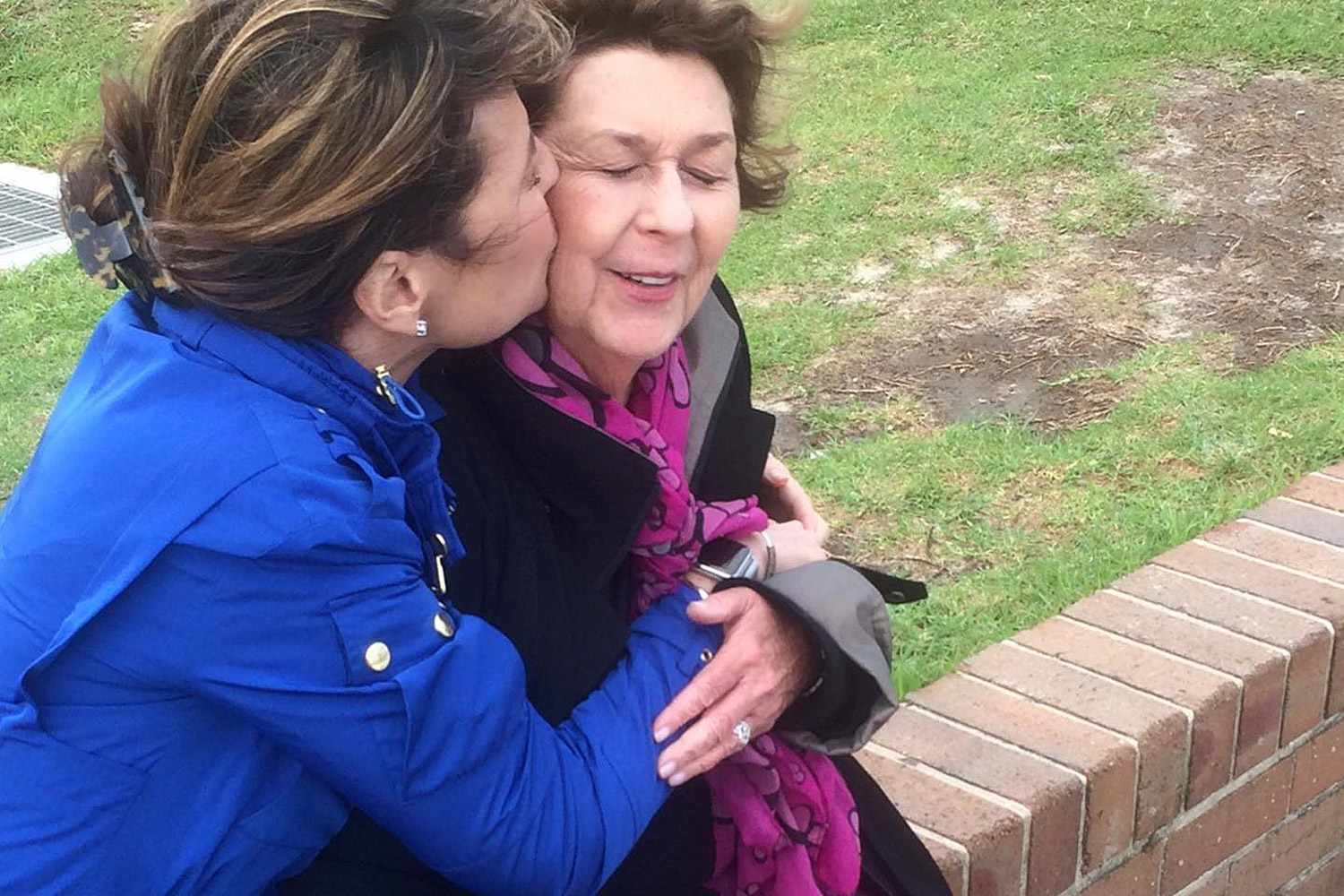1 day ago
I end and conclude all wars and every conflicts, at a stretch drastically completely.全戦争もあらゆる紛争も一気に完全に終息し終結す。I save, guard and protect Iran, rescue and salvage all regional habitants.イラン安全保守護衛し全地域住民救助命ず。I remove recent Israeli administration.イスラエル現政権排除去勢す。俺が全て責任負い、ネタニヤフ,ベングビル,スモトリッチ3人削除去勢す。今即刻だ。Know thyself.汝自身を知れ。
5 days ago
امید بهار (Hope of Spring)در دل شبهای سرد و بیصدا نور میتابد ز عمق لحظهها گرچه طوفان شاخهها را خسته کرد باز میروید گل از این خاکهاDar dele shabhā-ye sard o bi-sedā Noor mitābad ze omghe lahzehā Garche toofān shākhehā rā khaste kard Bāz mi-rooyad gol az in khākh-hāIn the heart of cold and silent nights, Light shines from the depths of moments. Though the storm has tired the branches, Flowers will bloom from this soil once again.










